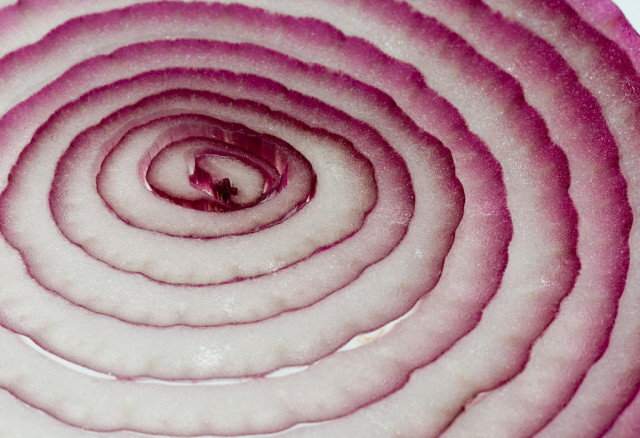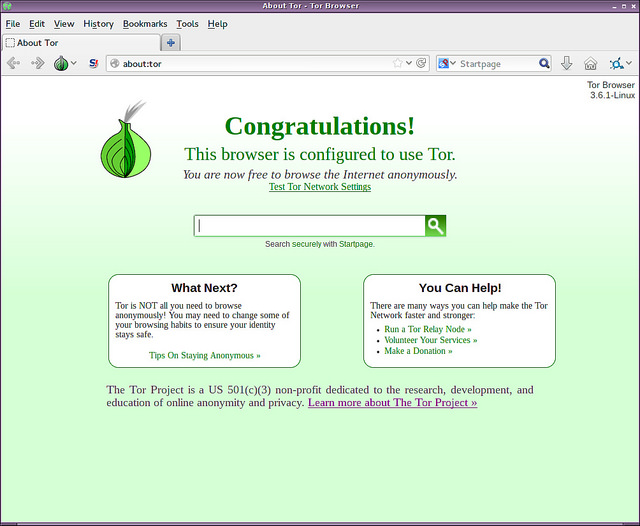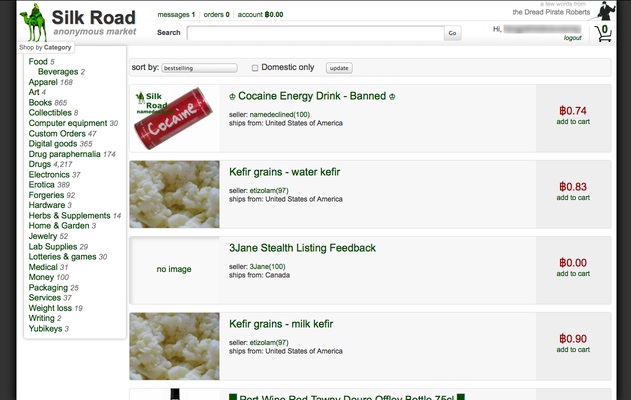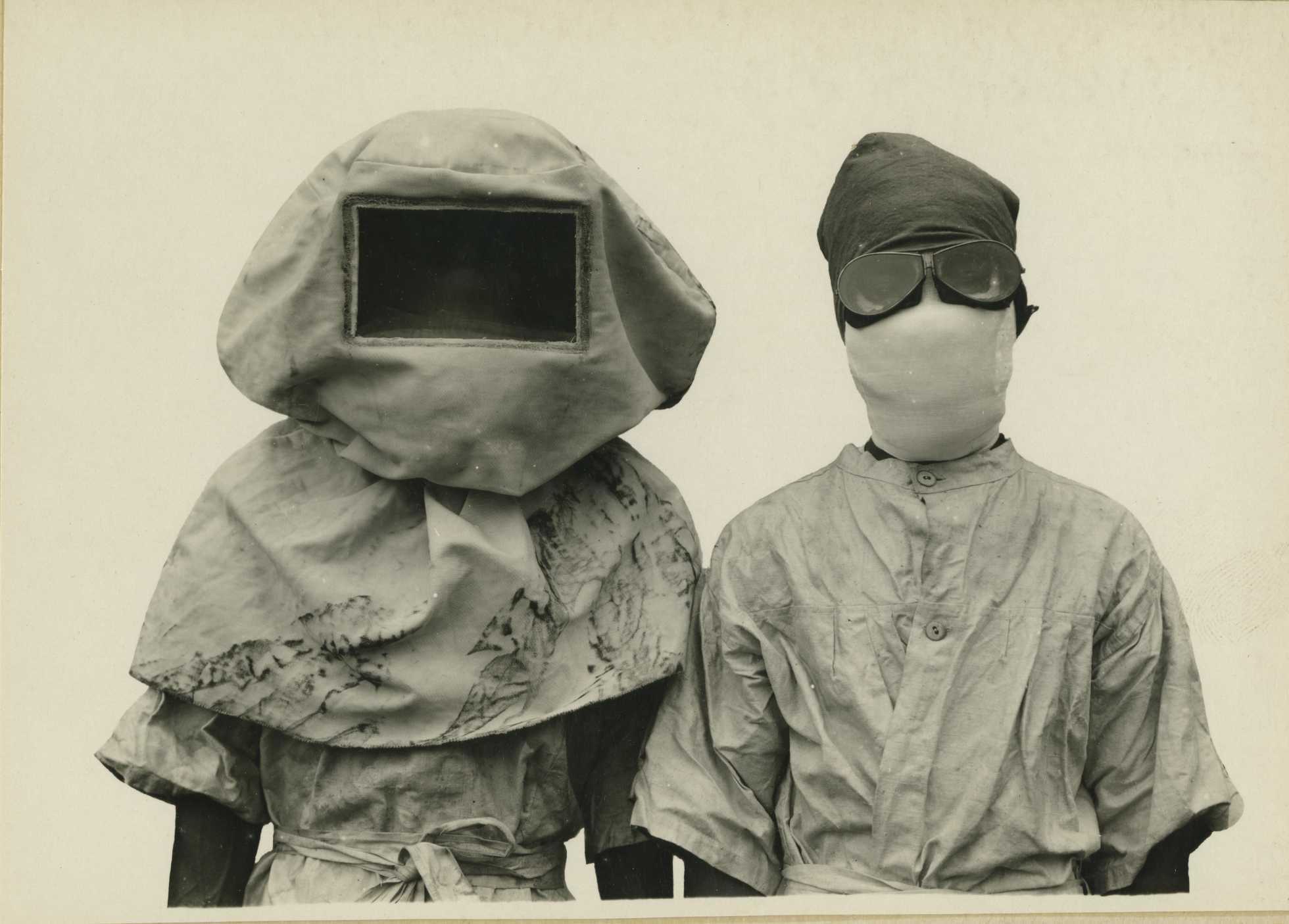The Dark Web

What do you do if you want drugs, hitmen, weapons or fake passports? Search the internet, of course! But a regular ol’ search engine isn’t going to be much help, especially as you’re probably being watched. So even if you do manage to order some nefarious goods, you will probably get caught.
Now, we’re certainly not recommending illegal activity, but what if you just wanted to browse the internet without being snooped upon? Perhaps you just don’t wish for your personal data to be sold to other companies, and for adverts to follow you around the internet. If that’s the case, then, the dark web is for you. This portion of the internet is inaccessible by traditional means, and doesn’t turn up in regular internet searches – instead, you need specialist software that maintains your anonymity, as well as everyone else’s.
The TOR Tour
The simplest way to access the dark web is by downloading a web browser called TOR. TOR was originally conceived in the mid-1990s by the US Naval Research Laboratory, to be used for spies to communicate anonymously. The problem was, if only US spies were communicating using TOR, it wouldn’t be very anonymous, and so they made it freely available to the world.
When you enter a web address into the TOR browser, your request is sent around the world through a network of relay points. Your request is wrapped in many layers of encryption, and at each relay only one layer of information can be viewed. Each layer contains only enough information for the relay point to be able to pass the request on. This means that at no point along the journey can the user’s web page request or location be discovered. This system of many layers of encryption is how TOR came to get its name: The Onion Router (because onions have layers, geddit?).

Image Credit: Earl via Flickr
TOR – What is it good for?
For the two and a half million TOR users worldwide, there is a big variety of reasons for using the browser. Citizens in countries around the world that limit freedom of information and censor the internet use TOR to reach international news outlets. Journalists use TOR to avoid being persecuted in the areas that they are reporting from. During the Arab Spring many bloggers and activists used TOR to keep their identities hidden and retain their right to freedom of expression.
TOR is also popular amongst terrorist organisations, criminals and paedophiles. And for many, the most notorious website associated with the more sinister parts of the dark web is the (currently offline) Silk Road.

Image Credit: Linux Screenshots
One for the Silk Road
Silk Road was the dark web’s answer to eBay. It contained a marketplace in which users could sell whatever they wanted. Some chose to sell books – others chose to sell drugs. After its launch in February 2011, the popularity of Silk Road quickly took off, and by March of 2013 the site had 10,000 products for sale. This resulted in millions of dollars worth of transactions, although the site actually used the digital currency bitcoin.
In October 2013, the FBI arrested Ross William Ulbricht, the alleged owner of Silk Road, and seized the website, bringing an end to trading at the dark web’s marketplace. But just over a month later, Silk Road 2.0 was launched, offering an almost identical service. This ran for a year before it was shut back down again in November 2014, by the FBI and Europol.
Unfortunately for those trying to bring an end to black markets on the dark web, other sites similar to Silk Road and Silk Road 2.0 already exist. In fact, many of them have started flourishing since the fall of Silk Road 2.0. One of these, Evolution, now has around 22,000 product listings, which is far more than Silk Road or Silk Road 2.0 ever had. But amongst all of the bad press, the Silk Road has had an unexpected benefit.

Image Credit: Wiki Commons
Criminal Capitalism
Traditionally the drugs market is dominated by large criminal organisations. Products are limited by the monopolies that control each area, and if users are unhappy, there is very little that they can do about it. Can you imagine suggesting to a drug dealer in a dark alley one evening, “Excuse me, but I’m really not too impressed with those pills that you sold me, I think you should give me a refund”? But on the dark web the story is different.
“You have a choice of around 1000 vendors, all of whom are competing for your custom, all of whom you can communicate with and talk to,” said Jamie Bartlett, author of The Dark Web, whilst speaking as part of Authors at Google. “And all of whom are rated out of 5 for the quality of the products that they have given you, how good their customer service was, how attentive they were, and how good the postage and delivery was.” 1
By introducing a genuine market for drugs, drug dealers become model vendors. If a dealer is providing low quality products, or is mixing their drugs with other nasty substances, they are soon found out and their reputation is ruined. This means that consumers can be confident with the quality of the product they are receiving, and also importantly the strength, which could help to reduce the number of deaths from accidental drug overdoses each year.
Come to the Dark Side
The dark web can be quite shocking. Illegal drugs, illegal weapons, and illegal images and videos all make up a reasonably large slice of dark web activity, and these topics are often the ones to catch the headlines. But the dark web is more than that. It provides an avenue for people to connect without needing to reveal their identity. This is not just appealing for those with things to hide, but also those who value their personal information. We have accepted a standard on the internet that some people are just not happy with.
Imagine that you walk into a shop, pick up a DVD, decide not to buy it and then walk back out again. It would then be quite disturbing if every shop, post office, or social club that you visited in the next week all presented the same DVD to you, suggesting that you should buy it. But this is exactly what happens on the internet. Websites track our movements and on the regular internet there is very little that we can do about it. Some web browsers have a “Do Not Track” option, but there is no legal requirement for any website to honour the request. Meaning that in practice, adverts can still follow you around. On the dark web this cannot happen.
We value privacy in the “real world” and we are starting to value it more and more online as well. As demand increases, so will the number of companies looking to branch out to the dark web. Recently, Facebook launched facebookcorewwwi.onion, the dark web version of its site, which is accessible only via the TOR browser. The popularity of the dark web is increasing, as many more people decide to take their internet privacy into their own hands. There are many reasons to do so, but one question remains — will you join the dark side?
The End.
References
- Watch the talk on YouTube here.










